12 years to save Planet Earth
Look up and read that again. Slowly this time. Take a deep breathe. Let it sink in. Read it again. Slower. That’s right. T W E L V E . 12. “Tnax”. How old will you be in 12 years? I know I’ll be way to young, and so will my newly born son. He’ll be 12 and will not know what a beautiful planet this really once was.
It is a reality check delivered from science to us. We are essentially running out of time, and fast. Twelve years, the blink of an eye on our tiny planet in the middle of the wide cosmos. Twelve years is not a long time at all, most of us can think back twelve years and feel it was just yesterday. A lot has happened to us over the past twelve years, and that might be the saving grace. Twelve years is short, too short… but a lot can happen.
I’ll help you switch perspective. Imagine a doctor gave you 12 years to live. Within those 12 years you’ve got to find a cure. What would you do? You’d drop everything and start making necessary changes to save your own life. And there are plenty of changes to be made, so you’ve got to start today. You’ve got to start now. Not tomorrow, but right now.
In a nutshell we’ve been warned to keep climate change and overall global warming to a maximum of 1.5 degrees in the future, as even a raise of half a degree can be catastrophic for both human and animal life.
Stick to 1.5C otherwise:
A change of 0.5 degrees may seem insignificant, but the result can be – and will be – huge.
Global warming is causing the ice caps to melt at a rapid rate, and we all know what happens when that massive mass of ice ends up into the water. Water levels will rise, wiping our coastal towns and cities around the world. By the year 2100 the expected sea level is expected to be a full 10cm higher than it is today, unless restrict the warming to 1.5C above pre industrial levels.
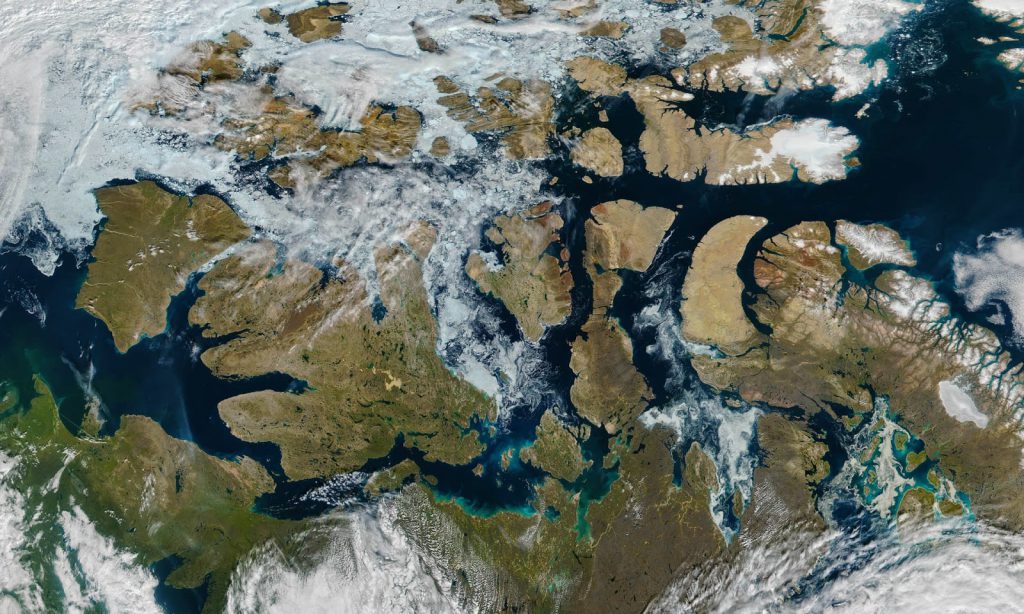
At present, with the rising temperatures locked at 1.5C 14% of the world’s population, 1,008,000,000 people, will experience severe heat waves one every 5 years. That figure will rise to 33% unless we act now. One third of the world’s 7.2 billion people will suffer from extreme heat waves.
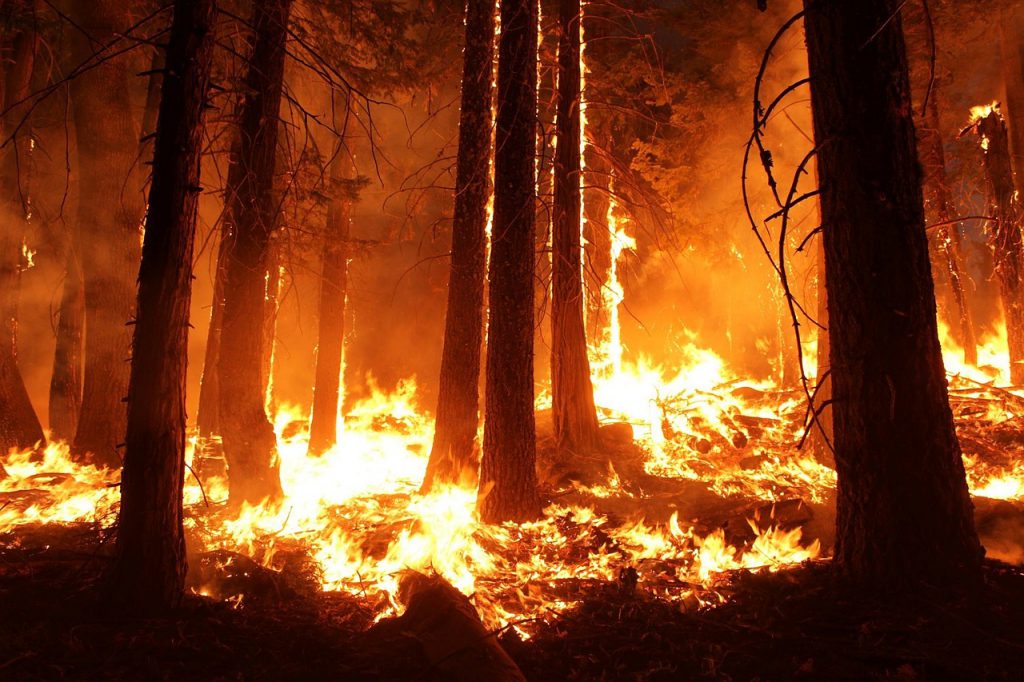
This year and last we witnessed ice melting at a fast rate in the Arctic seas, and if we hit the 2C number, we are 10 times more likely to experience ice-free summers, which is detrimental to the lives of our Polar Bears, millions of fish, whales and seabirds who need to ice as a habitat and ideal hunting ground.
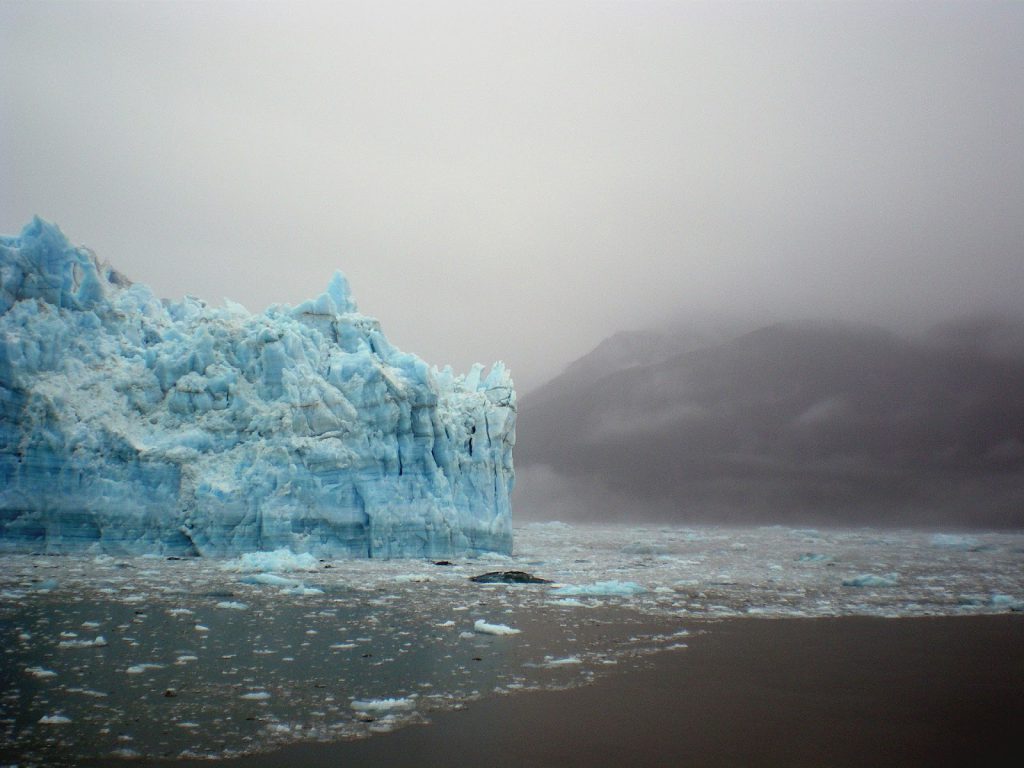
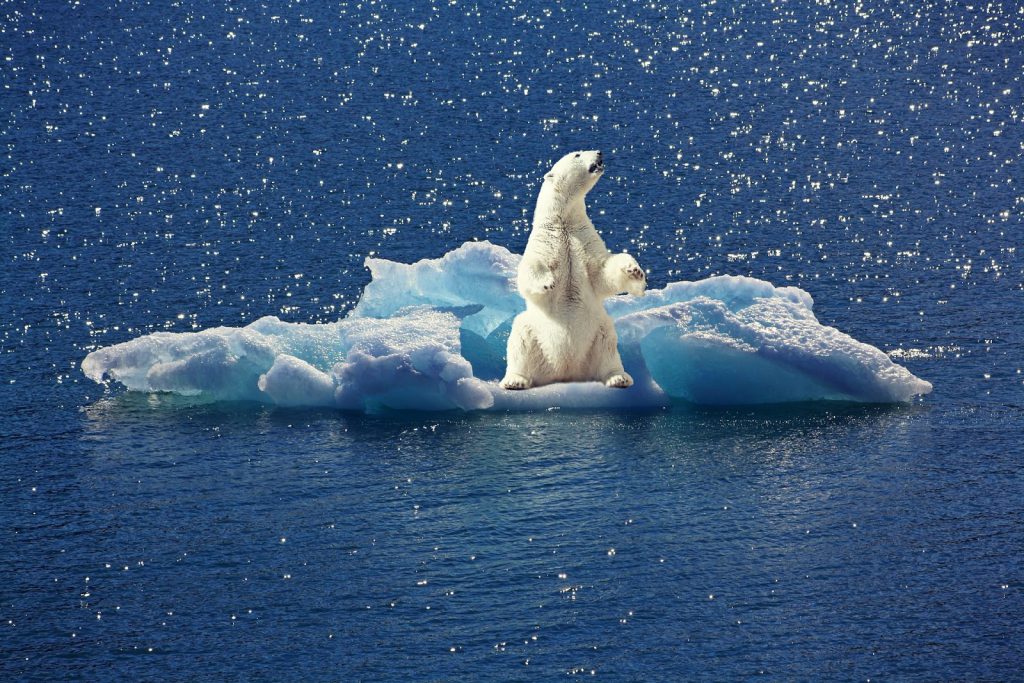
The rising temperature will also almost completely wipe out our once- beautiful coral reefs. Right now we are at risk of losing 70-90% of our coral reefs. Raise the temperature by that 0.5C and we can wave goodbye to them due to bleaching, as we are already witnessing in the once Great Barrier Reef.
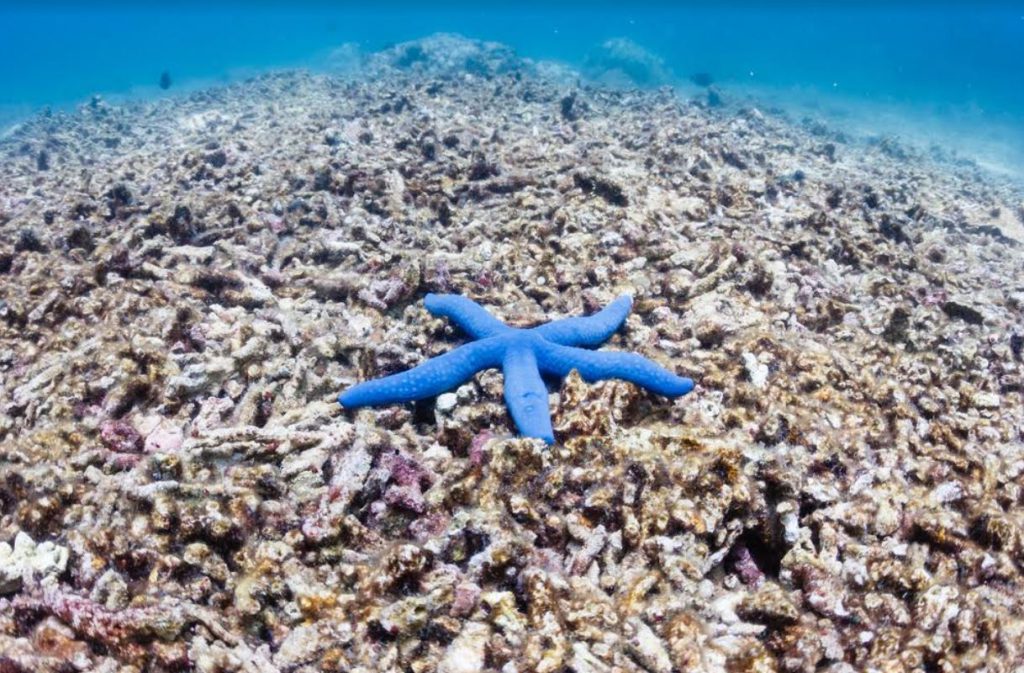
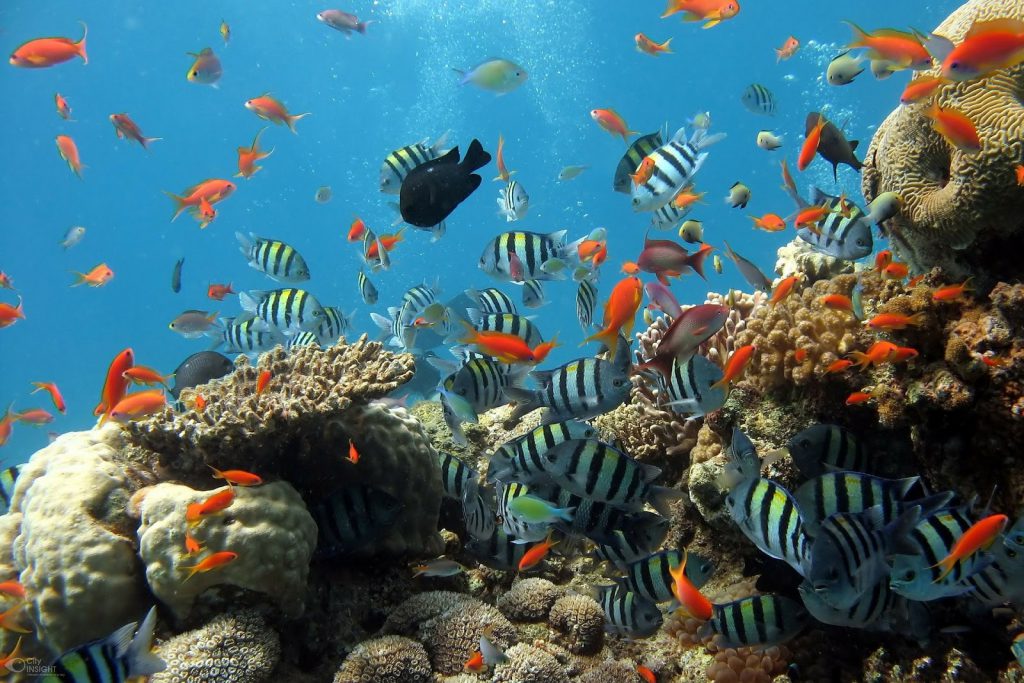
So, the harsh truth:
We’ve got 12 years… so here are 12 things you should do to make a difference.
- Power your home with solar energy
- Heat and cool your home efficiently
- Use energy efficient appliances
- Reduce water waste or any other waste
- Use compost
- Trim down on burgers… or go Vegan
- Always switch off lights and appliances
- Have an electric car
- If you keep your car, service it regularly
- Share a ride to work or school
- Cycle everywhere
- Spread awareness
Some of those suggestions seem obvious, some seem impossible and some you are already doing. The last one though is probably one of the most significant. Passing this knowledge forward can let off a snowball effect, meaning you can actively help by telling your best friend and family to switch off appliances, including your mobile charger while you are not using it.
If your parents drive an old car, that’s ok too… but having a qualified mechanic check its emissions regularly is vital. Old cars, and particularly diesel engines, let off emissions which are deadly. Diesel cars will eventually be banned, so it is worth thinking of this in the future.
Now imagine this scenario: we all have electric cars! Traffic jams would fall silent, and healthy! Out cities are now installing yellow parking bays for electric cars, and despite some people criticising them as a waste of space, it is a move from the council supporting the use of green energy. Electric motorbikes and scooters are becoming more and more mainstream, with Vespa set to release a savvy looking scooter this year – 100% electric!
And in the same scenario, you and your school mate or colleague are actually sharing a ride, thus reducing the amount of cars on the road – or even better, you’re on the bus with 50 more people, reducing the amount further! I would like you to do me a favour: count the amount of people driving to work in the morning, who drive huge cars, four seaters and SUVs for just themselves. That’s one person taking up the space of a whole car, releasing all sorts of fumes in your once-clean fresh air. Count them on your way to school this week.
Malta might be the hardest of places to cycle due to the bad weather and not-so-friendly driving, but I do applaud the brave commuters on two wheels – well done for being green and healthy.
It is also very important to use appliances around the house which are better for the environment. Newer ones emit less heat and fumes, and consume far less electricity, thus keeping your bills low and making sure you care for Mother Nature more. Even switching off your TV, phone chargers or radio when not in use makes a difference. As you can see, often the solution is extremely simple and achievable by all.


